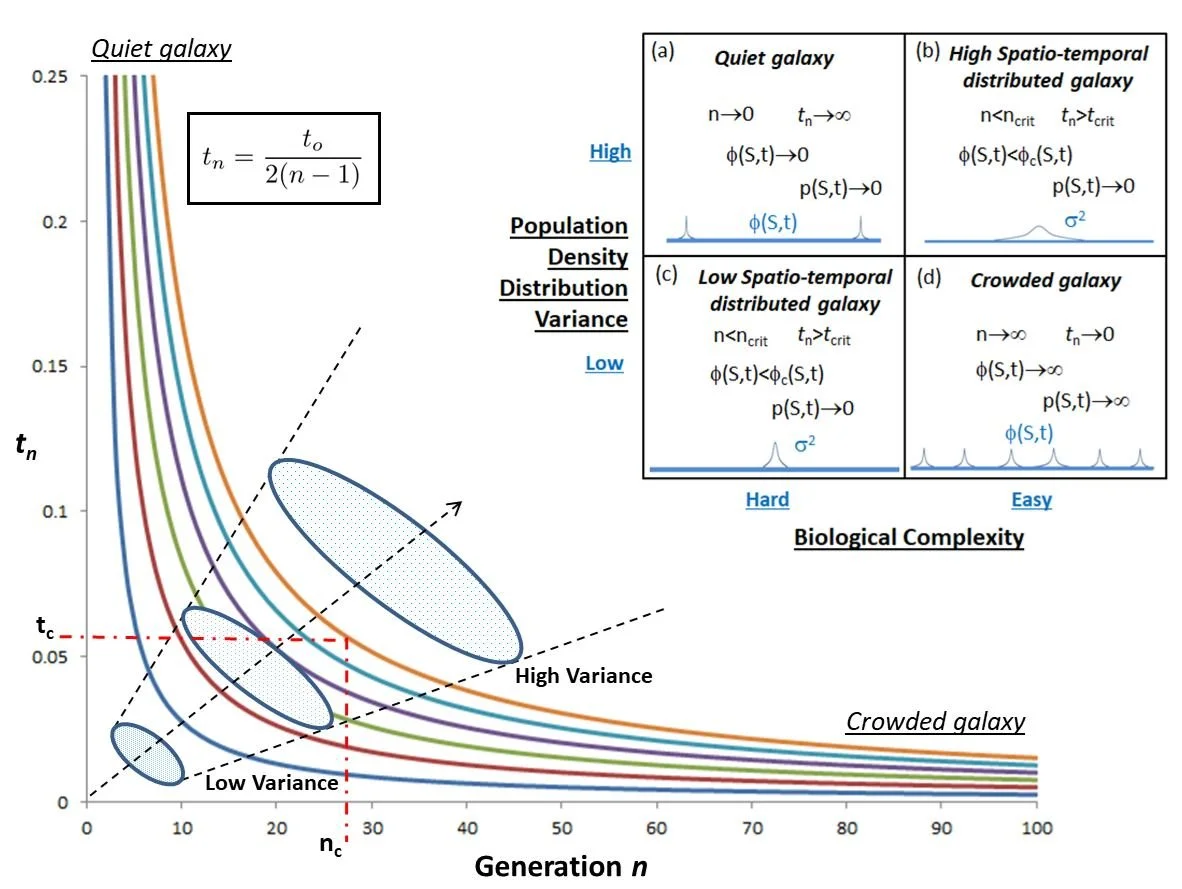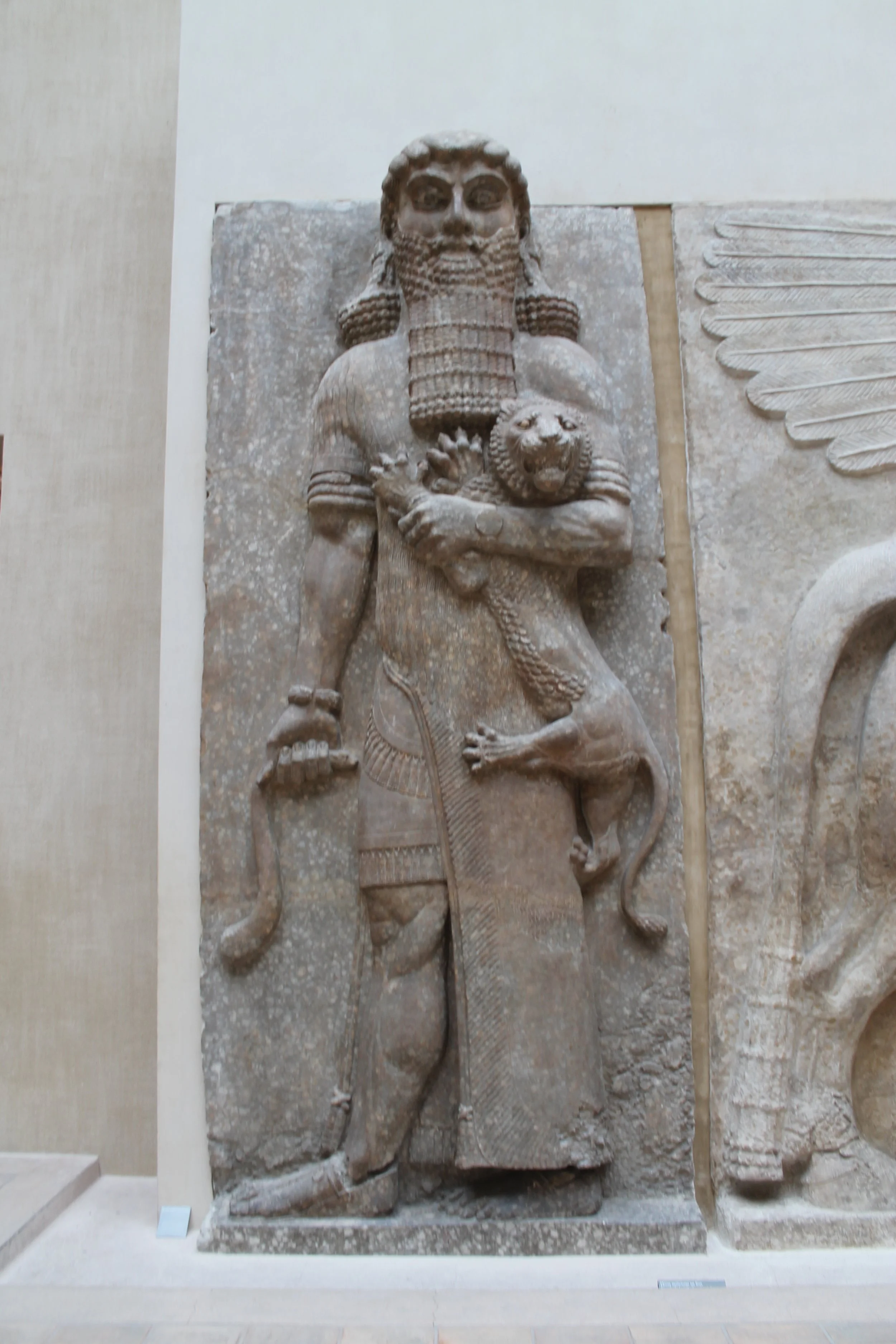Who speaks for the Children of Earth’s Garden?
Last night, I couldn’t sleep. I lay awake in bed thinking about the troubles of the world; the constant conflicts and disputes; the needless killing of another human being in favour of an ideology or philosophical perspective. It got me thinking about how we can understand this at a fundamental root level in terms of the cause. From this I generated a thought experiment which I call ‘the weeds and the flowers’. Before I start, I want to say that I also find many weeds actually quite wonderful and my favourite are Dandelions; but putting that aside for a moment.
Imagine we have a flower bed and it is covered in soil and grasses. Among that flower bed are flowers trying to grow and reach the Sun. We might imagine these flowers as metaphors for human creativity, art, poetry, music, science, culture, everything that is beautiful about our diverse civilization on this planet; the cumulative creative capacity of our thoughts, words and actions in the world.
But then there are the weeds, that grow up and dominate the flower bed, sometimes blocking the light from reaching the flowers and often invasive on the territory of the flowers. They can also harbour diseases that spread to the other plants and flowers. In this thought experiment, the weeds are a metaphor for all of the destructive human tendencies, which might include negativity, bitterness, spite, greed, hatred, the manifestation of evil intentions from our thoughts, words and actions in the world.
In this model, the flower bed is human civilization and it is trying to prosper with each generation. The grass represents most people who are not trying to hold back or even advance the world, but simply to live a happy life free from harm; and sadly these are the ones often affected since they are the masses. But what holds the flower bed back from reaching its full potential (being an award winning garden if you like) is the weeds that constantly stagnate the progress and on some occasions even kill it. Instead of weeds, I could have used a model with two groups of flowers that are competing, or indeed if the analogy is to be extended to human civilization and culture, then we are looking at nearly 200 different groups (nation states) of flowers all trying to exist on a great flower bed called Earth; and then even within each group there are many sub-groups.
Different societies on Earth want to prosper, live in a good environment and provide good health, wealth and happiness for their family, friends and community. But not all societies have these intentions, and certainly within all societies there are elements of both camps. Those that wish to see it creatively flourish, and those that wish to deconstruct it back to the Stone Age. There are different reasons why societies compete against each other, which might be for resources, land, energy, or simply a fundamental philosophical disagreement on how a society should be governed and the ethics and morals that it should be imbued with. This is often informed by a particular ideological perspective.
Given the model above, I want to understand what the root cause of these destructive tendencies is. Although the causes are likely to be many and somewhat nuanced, I want to present two possible hypotheses using the flower garden model, both of which may be true simultaneously and they are by no means exclusive. In considering the destructive tendencies of humans, groups of humans and their societies against each other, that leads to bad things in the world such as famine, poverty, corruption, conflict and war, disease, unkindness, oppression of people and an overall net product that is evil. In your opinion, which of the following is likely the root cause?
Hypothesis 1. Among the many groups of humans, there is inevitably a fraction with bad intentions, and as a result their thoughts, words, actions lead to the conditions in their families, communities, environments where bad things happen, and sometimes these grow and affect the whole. These might be seen as negative instability points which perturb the status quo but in a negative direction, and by definition instabilities can grow over time. The prevention of an evil world therefore depends on the mitigation of such individuals and/or groups so that they cannot flourish and then the negative instability points are limited in extent. In the flower bed model this means minimising the weeds to prevent them affecting the whole by careful management. But with this comes also the risk of imposing an over authoritarian rule on the garden which might stifle creativity and independent thinking.
Hypothesis 2. Since it is the view of natural science that Homo sapiens have evolved from a common ancestor to apes, we have an evolved tribal nature which despite our high intelligence is still a part of our biological make-up and drives our decision making, in particular how we choose to react to others. This tribal nature makes for good co-operation locally, but not globally, where other tribes are often seen as competitors and this then is the source of conflict. The prevention of an evil world therefore depends on either the removal of this tribal nature or at least the management of it so that human affairs are not overly affected by our nature; but instead influenced more so by reason. In the flower bed model this means learning to live in a world where the interactions between the different flowers and weeds can be managed such as through careful and considerate relationships and diplomacy. But with this comes also the risk of us turning into literal Vulcan’s (Star Trek) where our true emotional passions are constrained and we become afraid to express our true thoughts.
If you read this article, I would love to know your views. Do you think it is (1) or (2) which allows evil to flourish as the primary source, or do you think it is both or neither and/or something else? I’m trying to boil these issues down to a root cause.
As nations wage war against each other today across the world, neglectful of the welfare and views of their own people or those on the other side they may hurt or kill, I think it’s important we come to an understanding for what is driving this chaos.
For let us be honest, in general, it is not being driven by the ‘people’ of those nations, but more so by the leadership class upon which they are governed. Since leaders tend to be people that either want power to effect change or are by definition are high achievers, they also represent the frontal tip of these instability points; revolutions typically require an inspirational and charismatic leader for example.
For those that seek constructive creative changes, they represent a kind of positive instability which seems to alter the world in a positive way. For those that seek destructive changes, they represent a kind of instability which seeks to alter the world in a negative way, and perhaps lead to its eventual stagnation. Each group also has the capacity to utilise technologies in a constructive or destructive way, for good or evil. What constrains the application of technology is the wisdom that we possess based on our thousands of years of shared experience on the human journey.
Humanity has come so far since the industrial revolution. We have invented motor cars and aeroplanes. We have landed on the Moon and sent spacecraft to all the planets. Our telescopes peer across the Cosmos to the beginning of time. We have developed theories of physics so precise they require complex high energy machines to test them. We have succeeded in building an artificial star on Earth which may power generations to come and thereby reduce our pollution of the environment. We have developed such an astounding knowledge of medical science that there is a hope that one day all disease may have a cure; when a heart stops we can often perform an operation to keep it going.
Despite two major world wars, we created a global institution in the United Nations where separate countries could at least sit at the same table and talk – even if it is sad fact that this same body today seems to have little authority and resources to prevent the very conflicts it was set up to manage; and in some cases its agencies are complicit in the crimes against humanity. The United Nations, for all its aspiration and hope, is in reality an embodiment of the unUnited Nations. Can this be changed?
What future are we marching towards now? Who are these countries and governmental leadership that are driving human civilization towards war with such enthusiasm? Just spend one evening watching the television news and see how they talk about “World War 3” with a sense of excitement, almost as if they want it to happen for all the news stories it would generate. These people are insane. I worked for over a dozen years on the design of weapons of mass destruction. It is not a joke…it is the most awful thing that can happen to our civilization. We have forgotten that within our technological capacity we have created monsters and if they were unleased planet Earth would turn into a living hell.
Look at our various governments, spending billions of dollars of your money in all countries on both sides of all the conflicts, whilst communities still suffer the basic Maslow’s hierarchy of needs for the human condition? Are the profits enough? Do they speak for you? Do they represent you when they call another human or group of humans in some other part of the world your enemy? Despite our different geological locations, are we really that different as people? Is our mortal plight in this world so intolerable for us that our own reaction is to scream at each other simply for holding a different view – and even want to kill?
Where are the religious leaders, hold up in their towers of comfort, not speaking out against the death and destruction of one human being by another? Arthur C Clarke once said he could never forgive religions for the hijacking of morality. But the silence of these religions demonstrates that they have no morality. No kingdom of God that has any sense of moral judgement will admit you into its gates as you stand witness, but impotent, to the crimes of one group against another.
Have we learned nothing from the lessons of history? Along with all of our glorious technology we also have substantial libraries of millions of books and ancient texts telling the grand story of the human adventure. Originating from the plains of Africa; creating the first city states in Mesopotamia; constructing great empires in Greece, Rome and Asia. As the current generation of humans alive today, we made it this far. We made it to the 21st Century. We have our ancestors to thank for that. How do we honour them and those that came before us? What sort of a future do we want to make for our children? Do we listen to those ancient voices echoing down the ages at the wisdom they have to teach us for how to build a better world?
Then there is the promise of the stars and the exciting journeys that await us. One day we will construct spacecraft to cover the vast distance between the stars. How can we ever hope to meet intelligent life from another planet when we clearly have not yet learned to manage our own prejudice against each other? For in the garden of Earth though the flowers strive desperately to reach the Sun, the weeds dominate and the mismanagement of our own affairs is so evidently laid bare. if we were to travel into deep space what would we bring to the Cosmos of worlds? Is it creativity and beauty, or is it destruction and horror? If ET are watching us from afar, they may be asking the same question. Which direction will humanity go? What threat are we to them? What kind of a galactic civilization would we construct? One that values diverse life-forms and their unique perspectives, or one that seeks to dominate others through galactic empire?
I want to leave you with a quote from the British writer and philosopher Olaf Stapledon who once said:
“Two lights for guidance. The first, our little glowing atom of community, with all that it signifies. The second, the cold light of the stars, symbol of hypercosmical reality, with its crystal ecstasy. Strange that in this light, in which even the dearest love is frostily assessed, and even possible defeat of our half-waking world is contemplated without remission of praise, the human crisis does not lose but gains significance. Strange, that it seems more, not less, urgent to play some part in this struggle, this brief effort of animalcules striving to win for their race some increase of lucidity before the ultimate darkness………....Is it credible that our world should have two futures? I have seen them. Two entirely distinct futures lie before mankind, one dark, one bright; one the defeat of all man's hopes, the betrayal of all his ideals, the other their hard-won triumph.”





